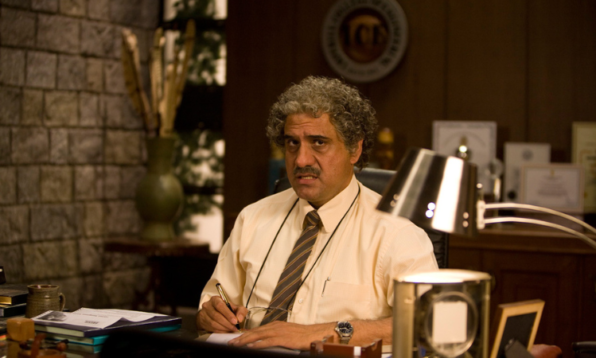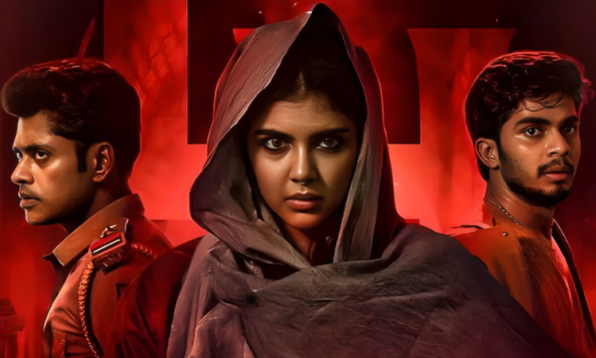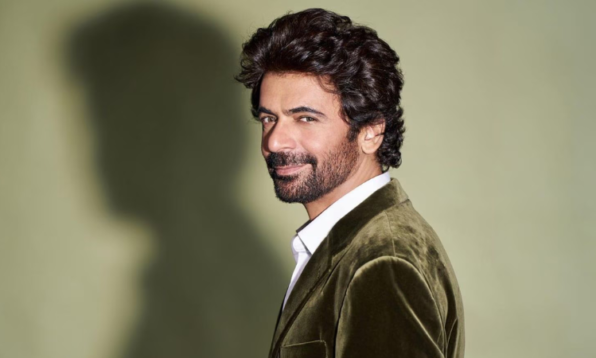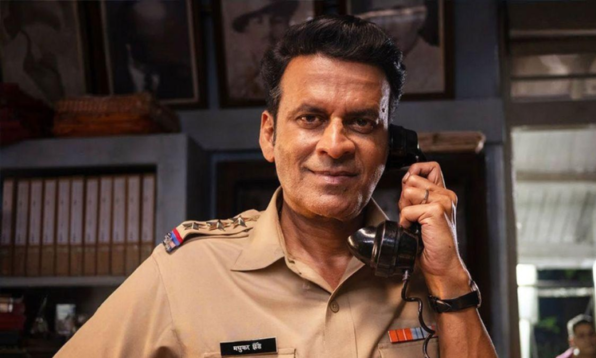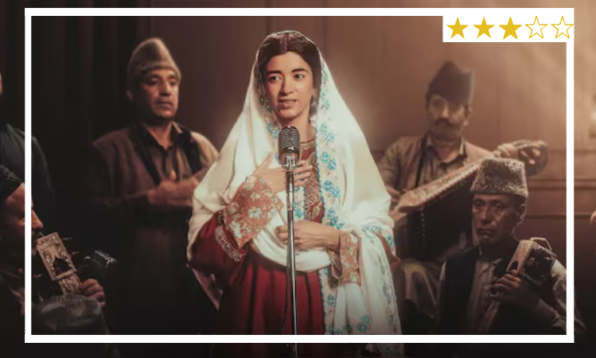Rancho was the hero in the 3 Idiots movie, but was he practical? All this “chase your passion, success will follow” gyaan doesn’t really work in real life. He was aspirational and motivated us to dream big and chase those dreams, but 15 years after the release, I’m asking myself, ‘Was Rancho really the most real character in the film?’ And honestly, no, he wasn’t, but you know who was? Viru Sahastrabuddhe aka Virus. Here’s why.
He was a product of his time

Virus didn’t come out of nowhere. He was moulded by a world where success was a narrow, measurable path, defined by grades, accolades, and titles. For him, discipline wasn’t just a virtue; it was survival. His obsession with structure, whether it was timing how long it took to tie a tie or sticking to rigid rankings, wasn’t born out of malice. It was his way of ensuring that his students would survive and thrive in a cutthroat world.
Think about it: Virus was shaped by an India that placed immense value on stability. His generation had fewer opportunities, greater competition, and no safety net for failure. To him, the “rat race” wasn’t a critique – it was life. He genuinely believed that discipline and conformity were the only ways to succeed.
He represented the flawed but familiar system
Virus wasn’t just any other character; he was a living embodiment of the rigid education system. His obsession with rankings, his scepticism of creativity, and his distrust of alternative paths reflected a system that prioritised measurable success over innovation.
Virus’ distrust of Rancho wasn’t born out of personal animosity but from a genuine fear that idealism couldn’t withstand the harshness of the real world. Imagine being Virus – managing a prestigious institution and dealing with a student who seemed to mock the very foundation of the system you believed in. Would you really appreciate them? I don’t think so.
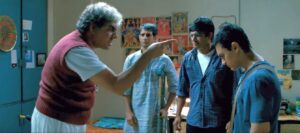
It’s also worth noting that Virus’ methods, while extreme, weren’t entirely ineffective. He produced toppers, successful graduates, and professionals who thrived in a system that rewarded conformity. He wasn’t trying to stifle his students’ dreams; he was trying to prepare them for a reality he believed was unforgiving.
At the same time, Virus was trapped by the very system he upheld. He wasn’t inherently cruel; he was as much a victim as he was an enforcer. Showing up to work the day after his son’s death wasn’t because he was stone-hearted. It’s because of the appreciation and accolades relentless working gets. His strictness was his way of navigating a flawed framework, and that makes him heartbreakingly real.
And let’s not pretend Rancho’s “follow your passion and success will follow” philosophy works for everyone. For many of us, Virus’ mantra of hard work, grades, and structure is reality.
He was fighting battles we all face

As a young student, I hated Virus with a passion. How could someone be so rigid, so dismissive of dreams? But as an adult juggling deadlines, responsibilities, and societal expectations, I find myself empathising with him.
Virus wasn’t evil, he was scared. Scared that if his students strayed from the path, they’d fail. In many ways, Virus represents the battles we all fight as we grow older: the fear of uncertainty, the pressure to conform, and the struggle to reconcile our ideals with reality. He wasn’t perfect, but he was real in a way that makes him unforgettable.
Featured Image Source
Related: 49 Years Of Sholay: 9 Lessons I Learnt From Watching The Movie As An Adult

 Web Stories
Web Stories
